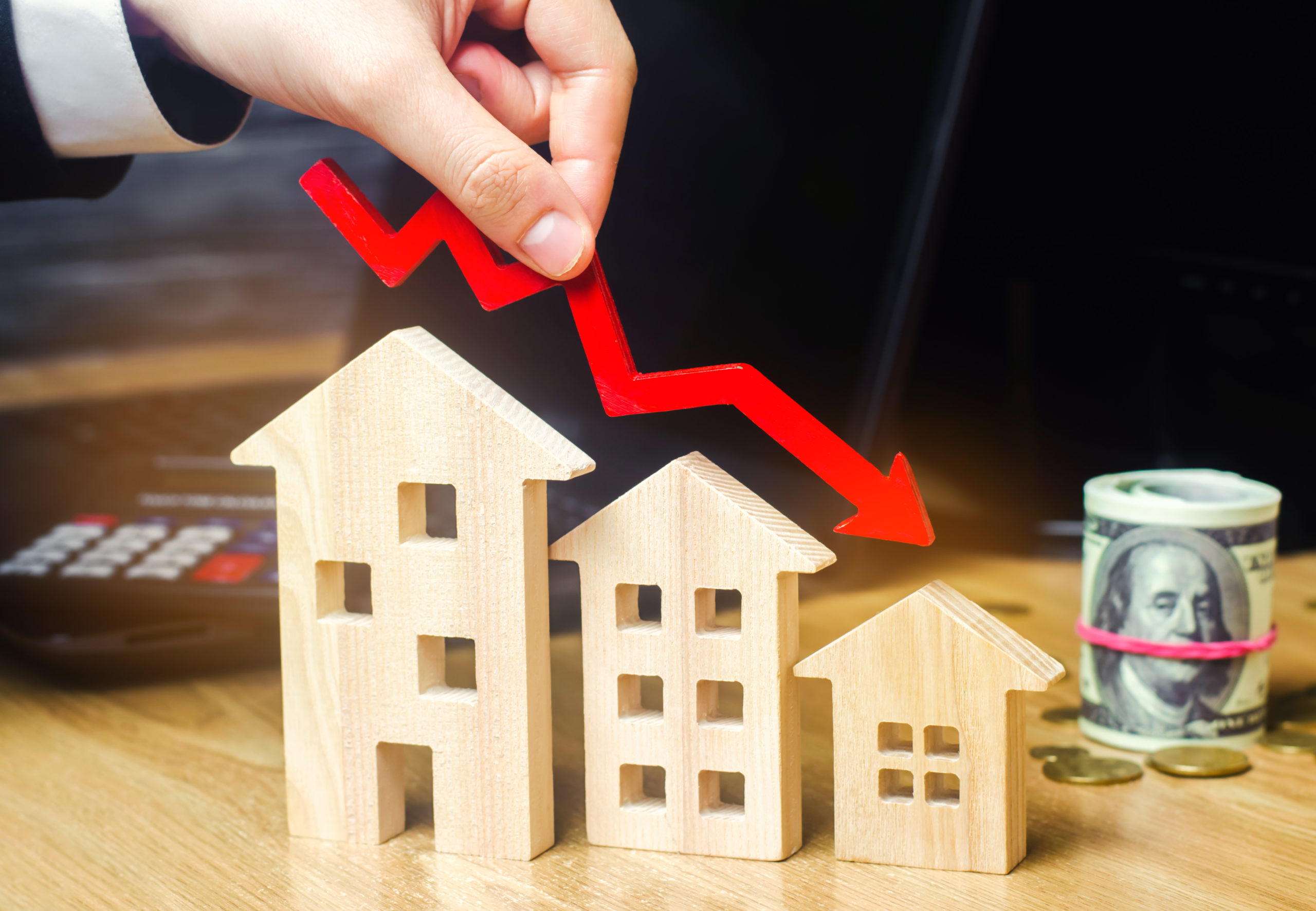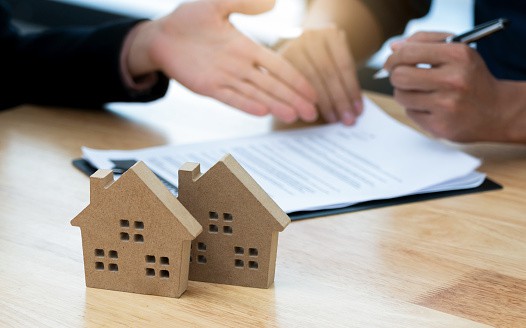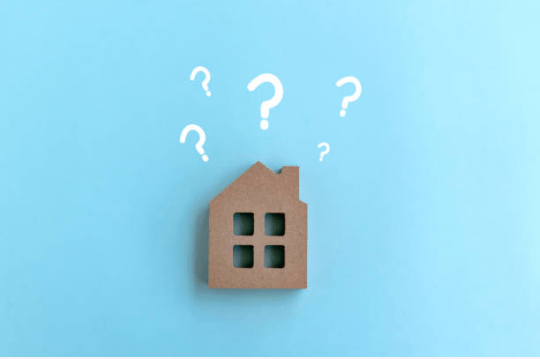You’ve probably heard the news: The average rate on a 30-year fixed-rate mortgage has dipped to 3.71% APR, which is the lowest rate it’s been in two years. With mortgage interest rates dropping — it was 3.9% in early December of last year — current homeowners can potentially benefit from this rate drop by refinancing their home. By refinancing, which means replacing your current mortgage with a new one, you could save on your mortgage over time.
Pay off high-interest debt
If you’re considering a cash-out refinance, which is when you replace the old mortgage with a new one for a larger amount, and the difference is doled out to you in cash, you might use that money on renovations, or to pay off high-interest debt. For instance, you can use it to pay off a high-interest personal loan, or consolidate your credit card debt, and use the money to pay off your credit card balance.
Spruce up your home
Besides refinancing to lower your monthly costs as a homeowner, you could also consider taking advantage of the drop in mortgage rates to get a home equity loan. You can use the money to do some renovations, which could bump up the value of your property, points out Alexander Lerner, a realtor of Figure 8 Realty in Los Angeles. “Plus, it could make your home a nicer place to live, too,” says Lerner.
Save in interest fees
By refinancing and getting a mortgage with a lower interest rate, you could potentially save hundreds a month on your monthly mortgage payment. You could also switch to a shorter loan term, such as going from a 30-year fixed-rate mortgage to a 15-year one. While your monthly mortgage payments are higher, because your term is shorter, you’ll have lower rates.
Is refinancing a good move for you?
Here’s what to consider:Estimate how long you think you’ll be in your home. You’ll want to gauge how long you’ll be in your home before you might sell it, recommends Casey Fleming, a mortgage adviser and author of The Loan Guide. Do you anticipate living in it for another five years? 10? 20? That will affect how much you’ll potentially save by refinancing.
Figure out how much you’ll save in interest. Your decision could also be affected by how much your mortgage is. By refinancing, you could save a lot more of the interest fees if you have a $400,000 mortgage versus a $100,000 one.
Fleming recommends doing the following: First, you’ll want to see how much interest you will be paying on your current mortgage. Next, calculate how much interest you’ll pay on your proposed loan with a lower fixed rate. Then, you can calculate the difference you’ll save in interest fees on the mortgage. For instance, if you locked in a 30-year fixed-rate mortgage at 4.64% APR, and are refinancing to the current 3.82% APR, what will be the difference?
Add up the upfront costs of the proposed mortgage When you take out a new mortgage, you’ll need to pay all the costs that come with it. This includes all the closing costs, such as mortgage application fees, title fees, and appraisal fees. There’s also a loan origination fee, which is usually about 1% of the total value of your loan. So if you’re taking out a loan for $200,000, you’re looking at $2,000. When it comes to the cost of refinancing your home loan, it typically costs 2% to 3% of the financing amount. Whatever you’re saving in interest fees could be offset by closing costs, so you’ll want to mull over carefully.
Fleming provides the following example: Let’s say your current loan is $250,000 at 4.5%. The loan you’re considering refinancing is $250,000 at 4.25%. If you decide to refinance, the difference in your monthly mortgage payment is $159.73 lower. If your total closing costs are $3,000, it will probably take 19 months for you to break even.
Consider amortization If you have a 30-year mortgage, in the first year you’re making payments, the lion’s share will go toward your interest. By year 29, most of your monthly payments will go toward the principal. interest. When you refinance, the most important thing is to understand that by starting over again on your amortization, less of your payment goes to principal, and more goes to interest, explains Fleming. “So, your actual savings — interest cost compared to interest cost — is always a bit less than the difference between the two payments.”
As you can see, there’s no one-size-fits-all answer. While there are several ways you can benefit from home mortgage rates dropping, whether it makes sense for your finances as a current homeowner really depends on your situation. But looking at both the pros and cons and applying it to your particular circumstances can help you make the best choice for you.



